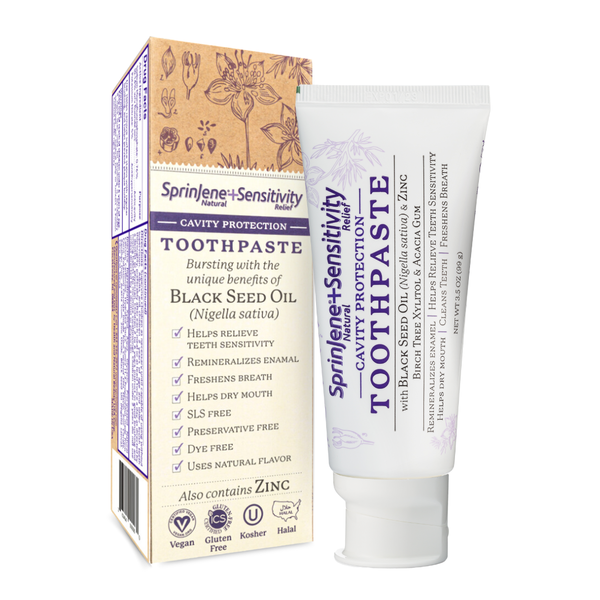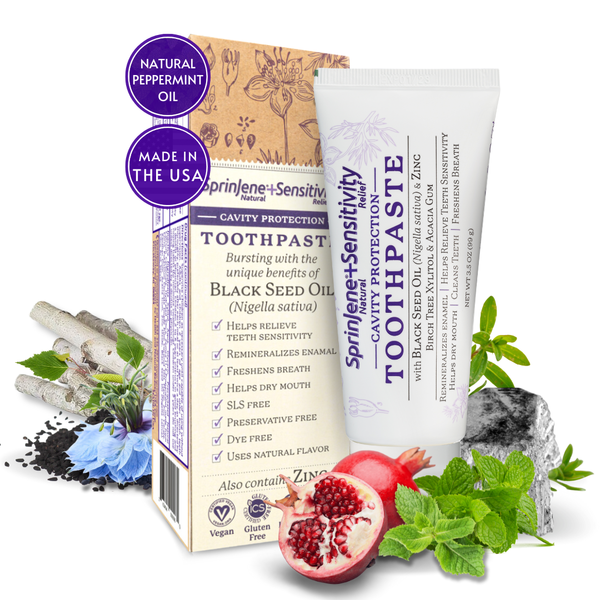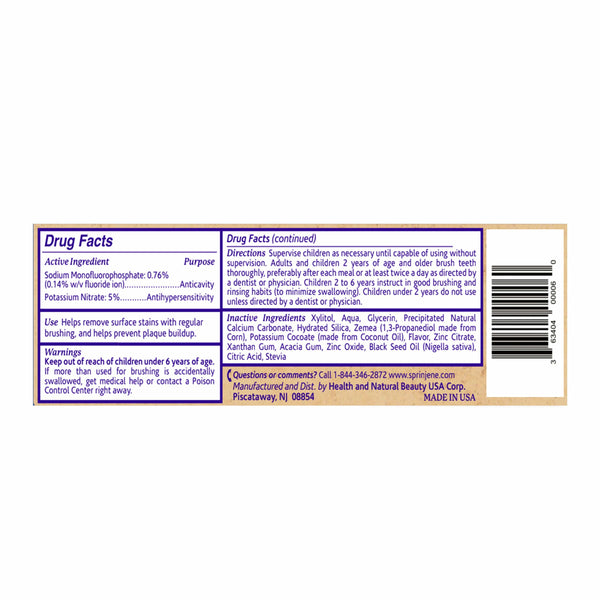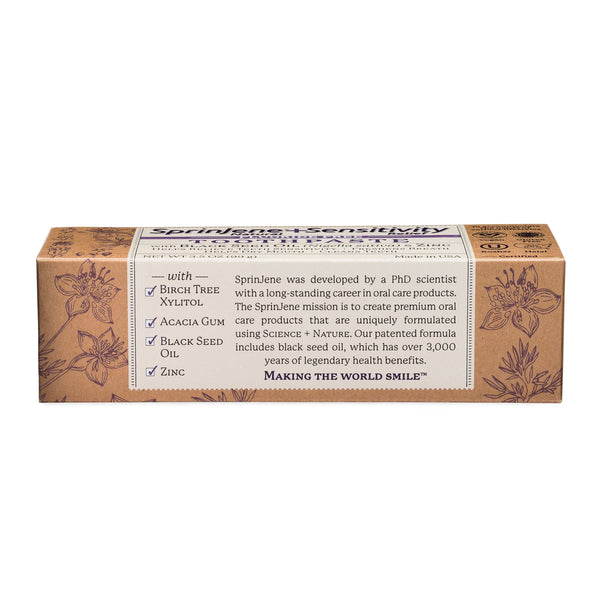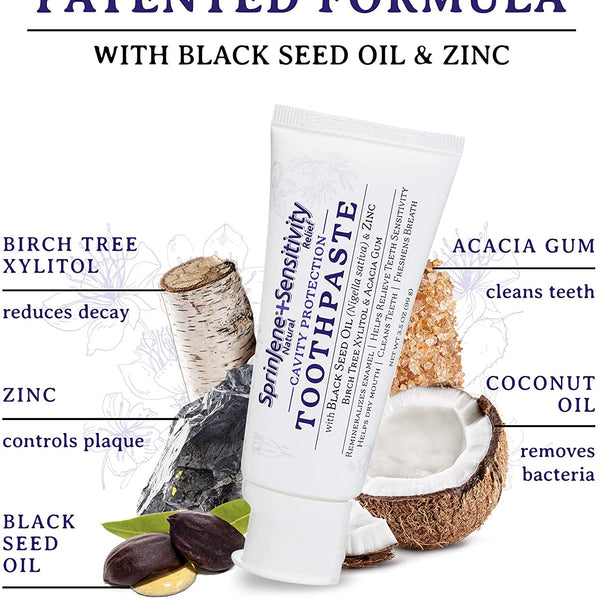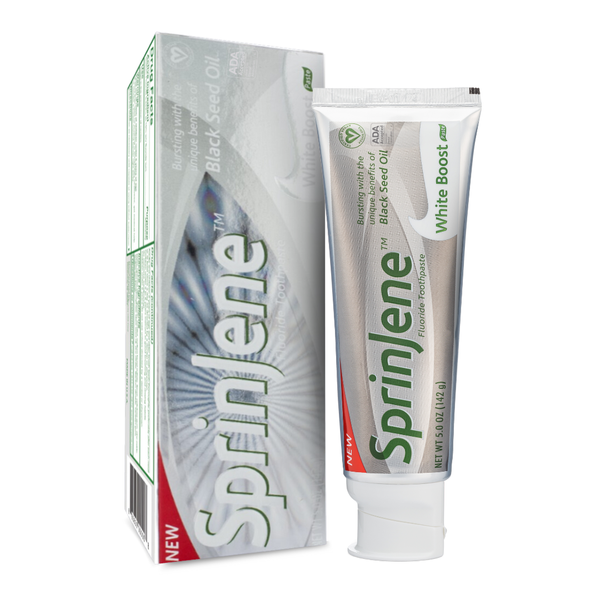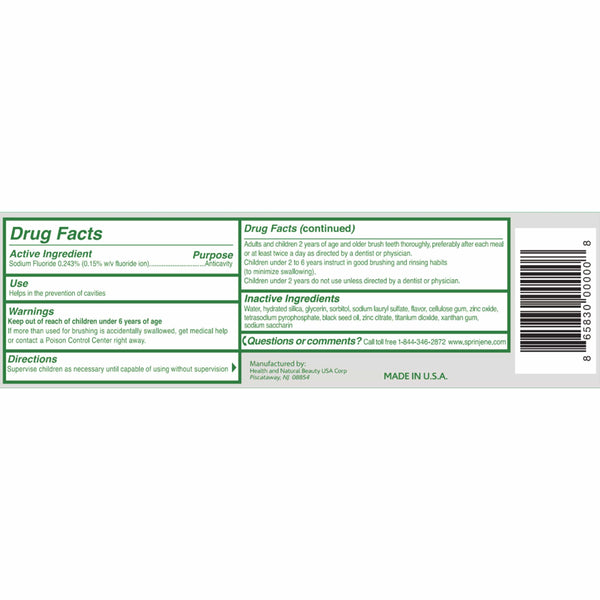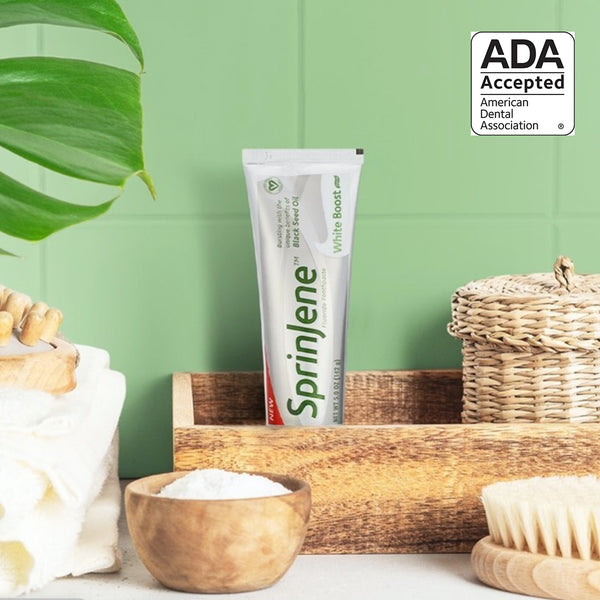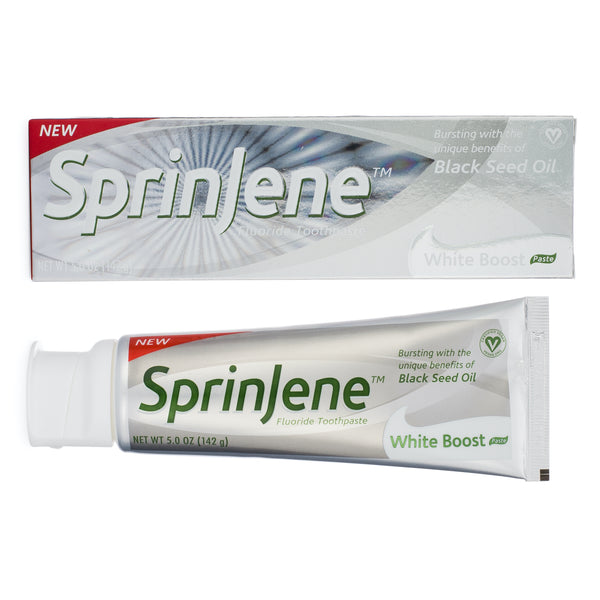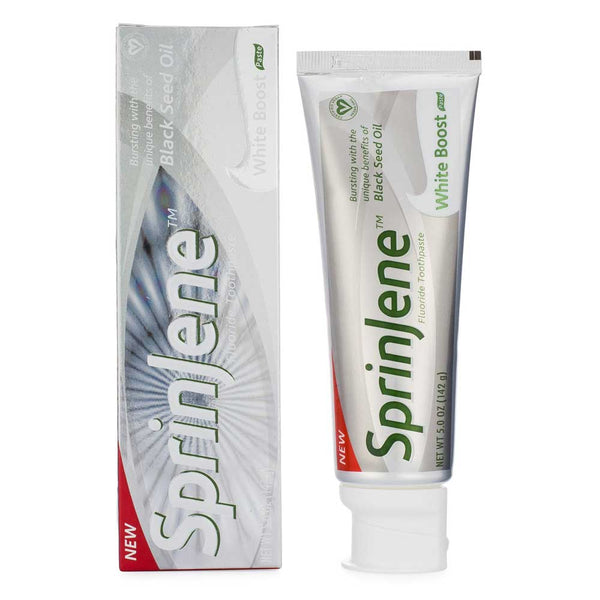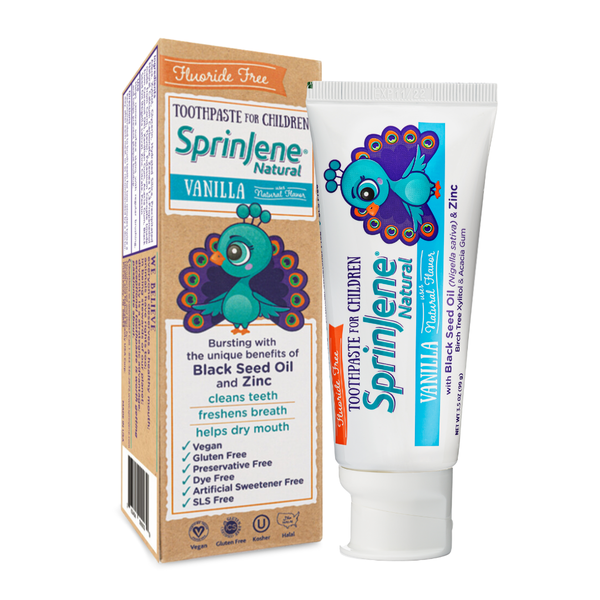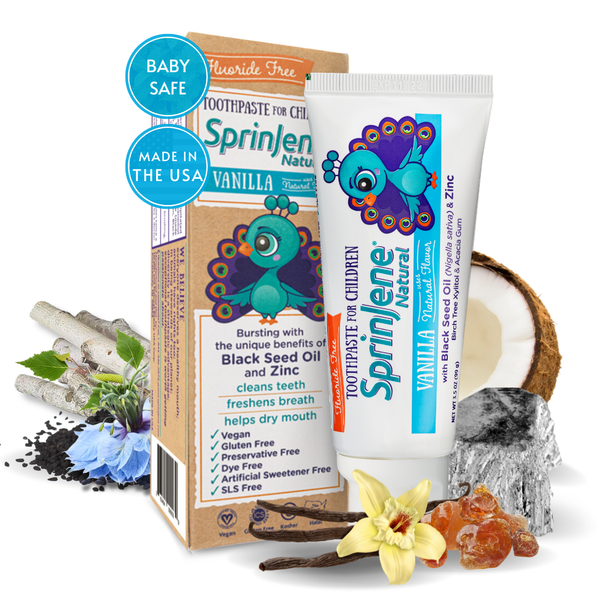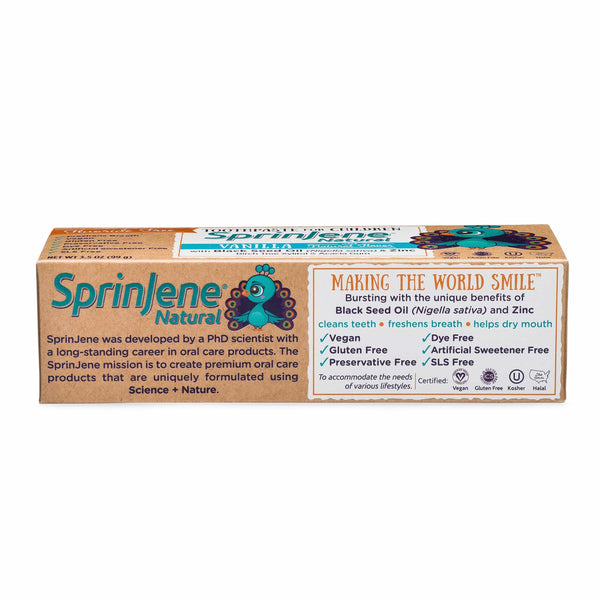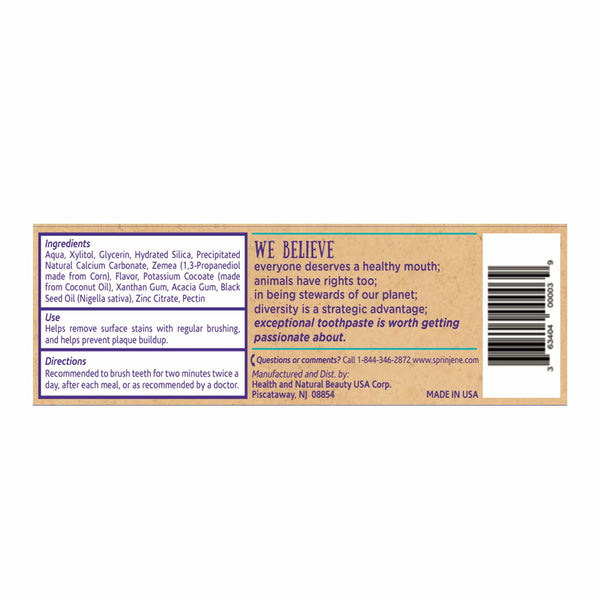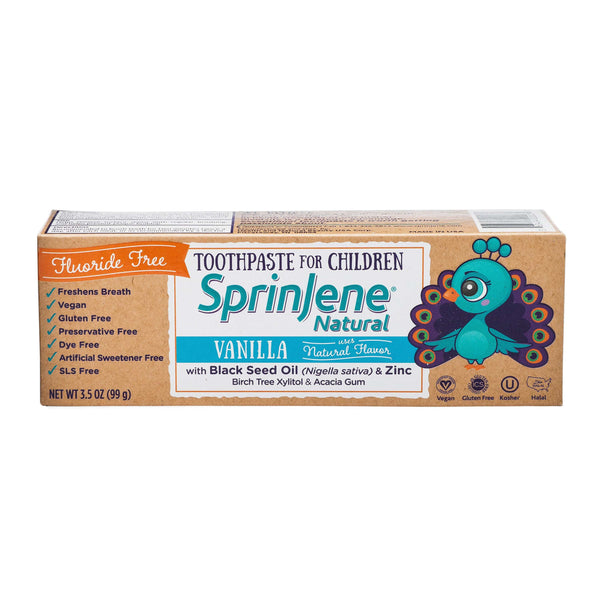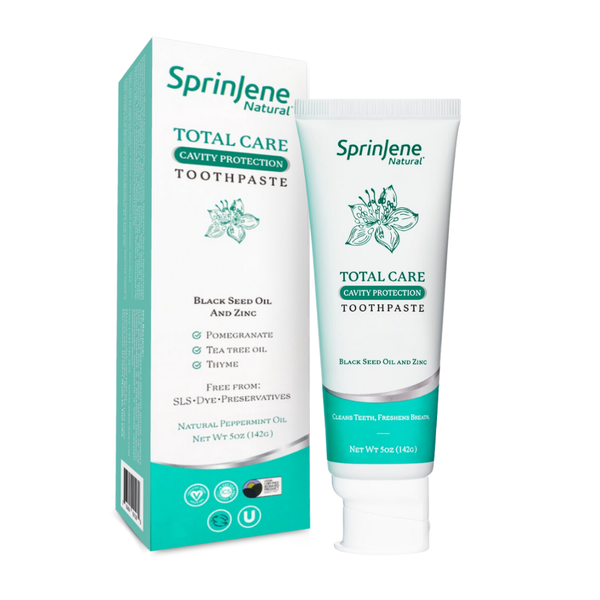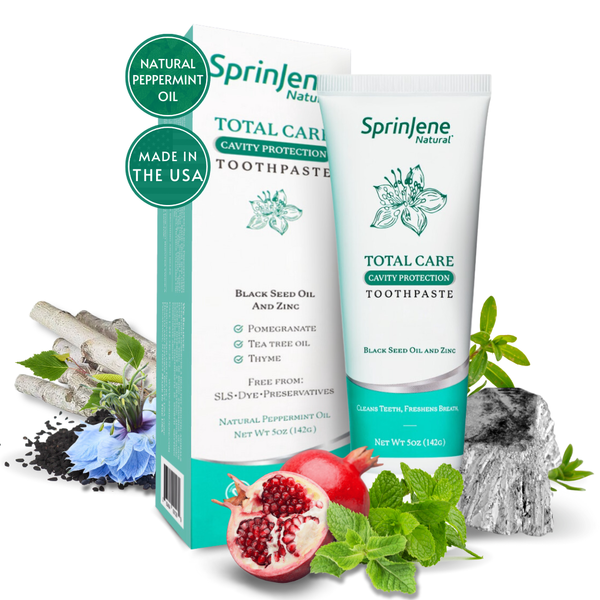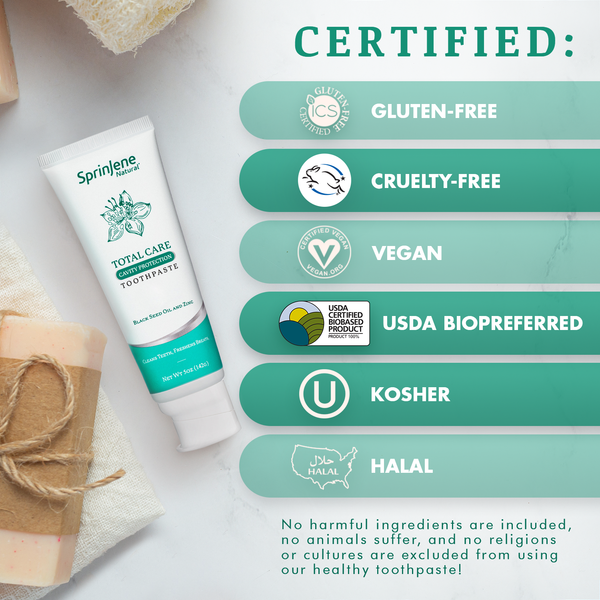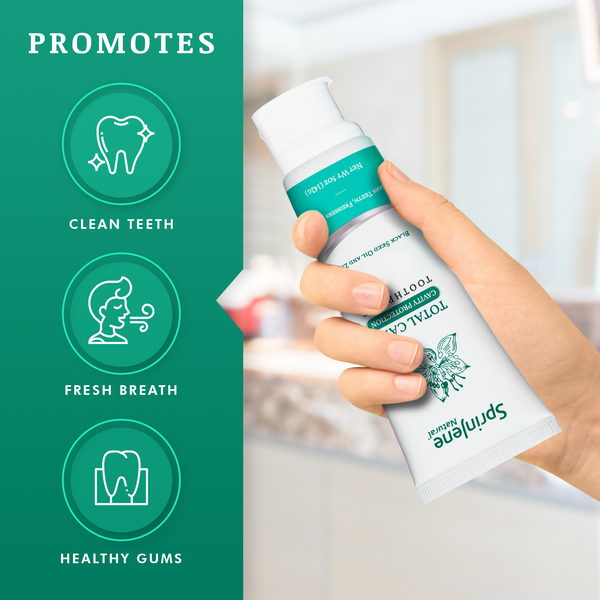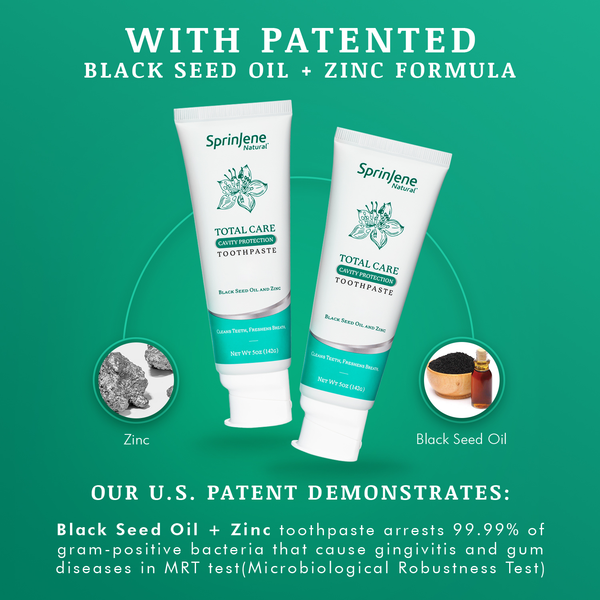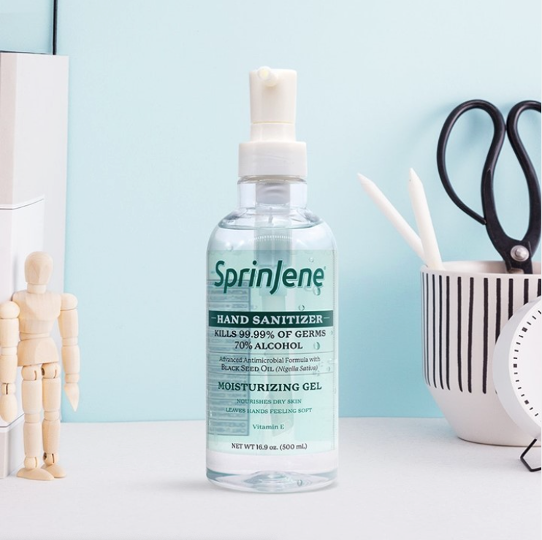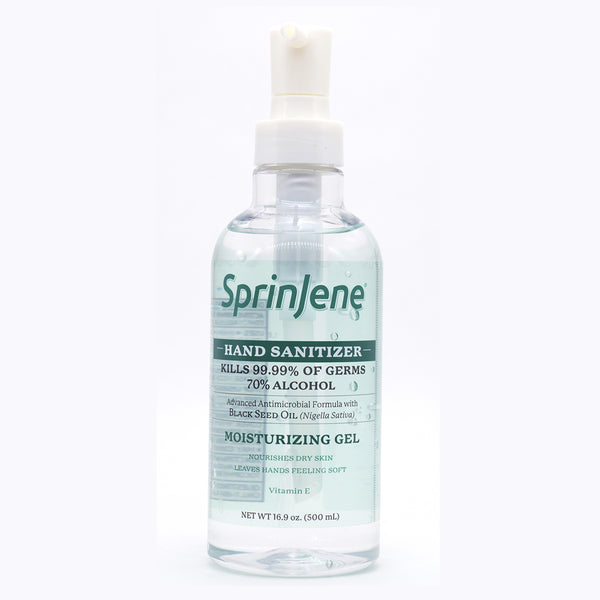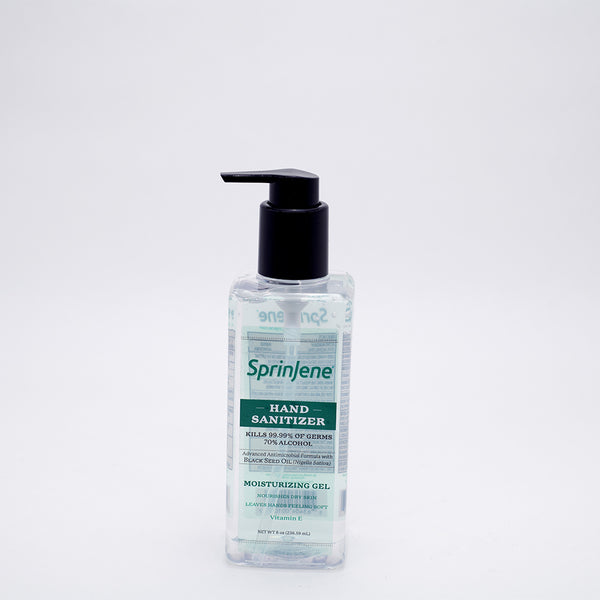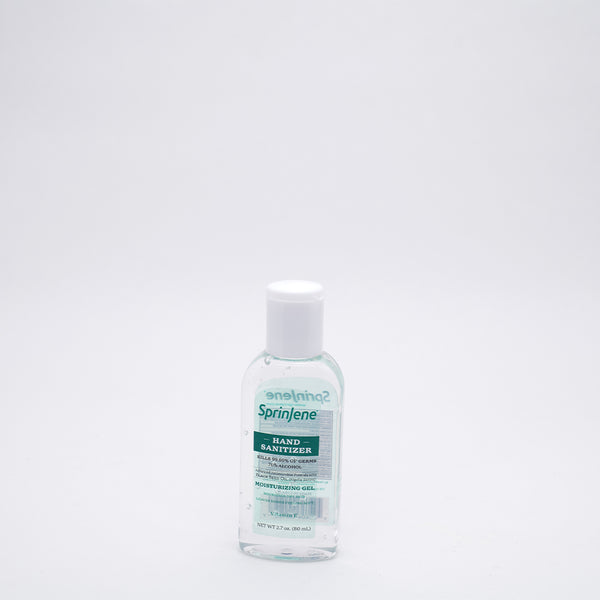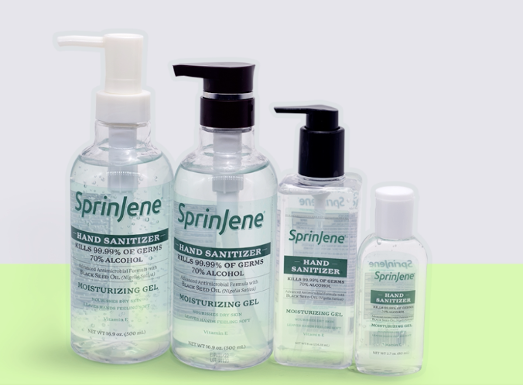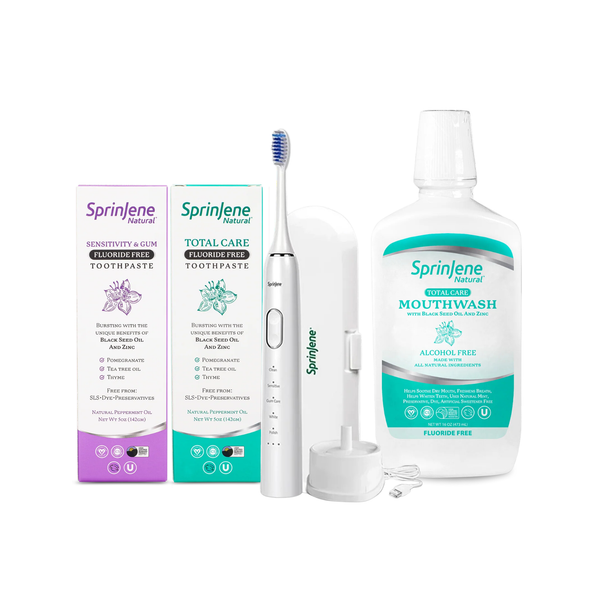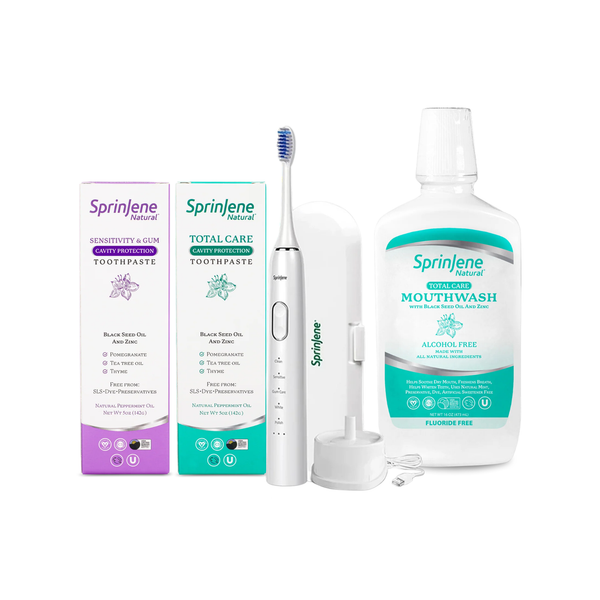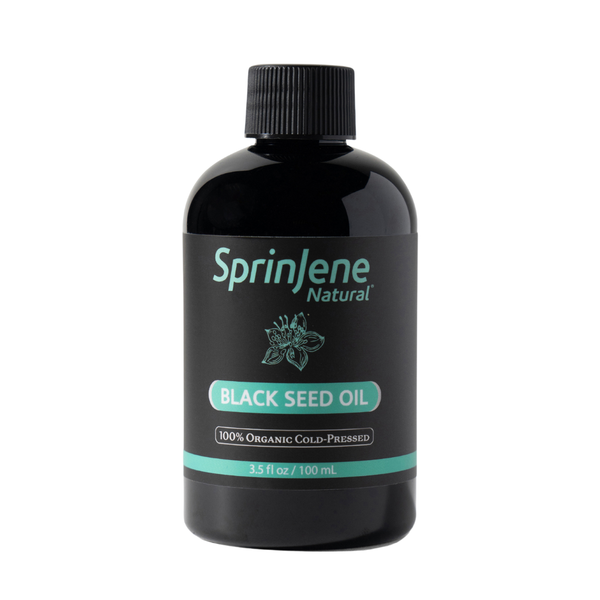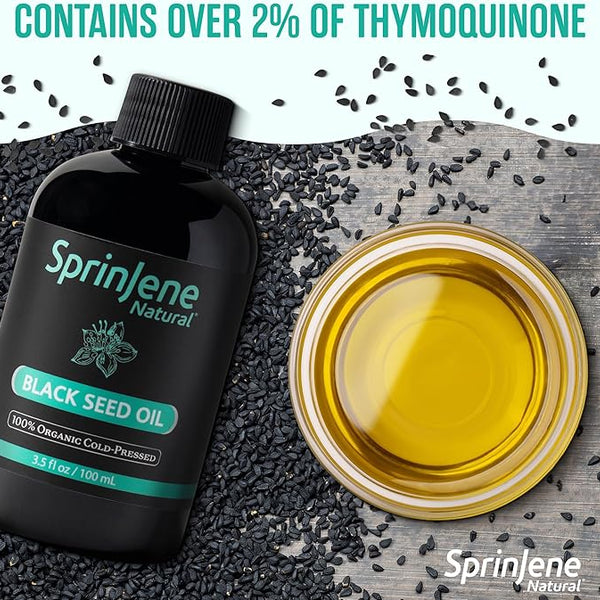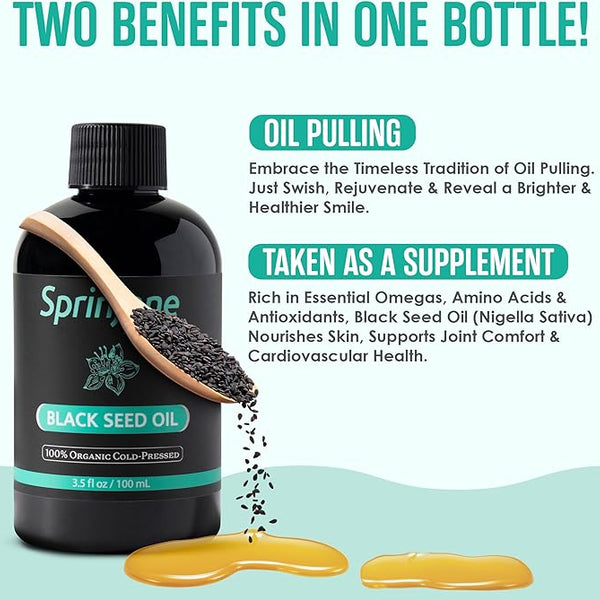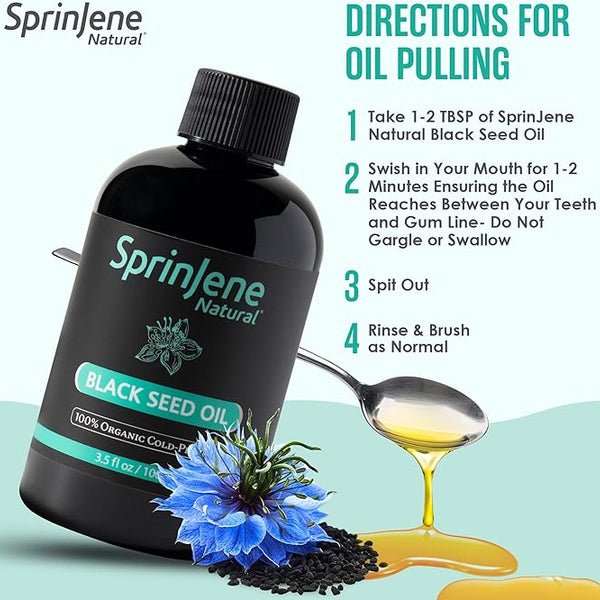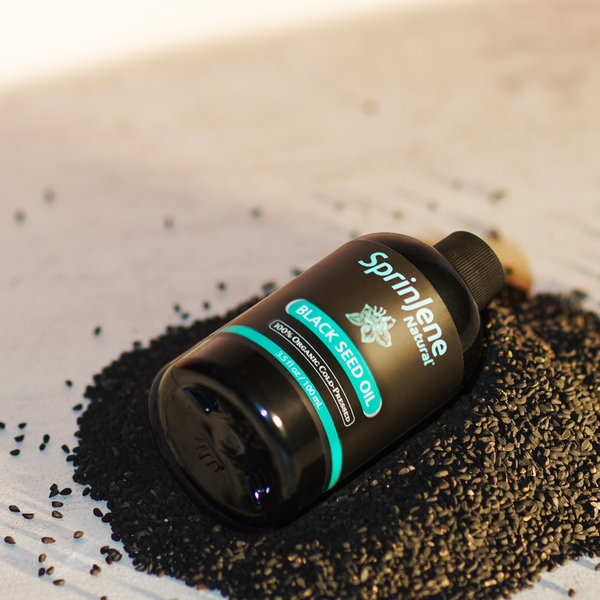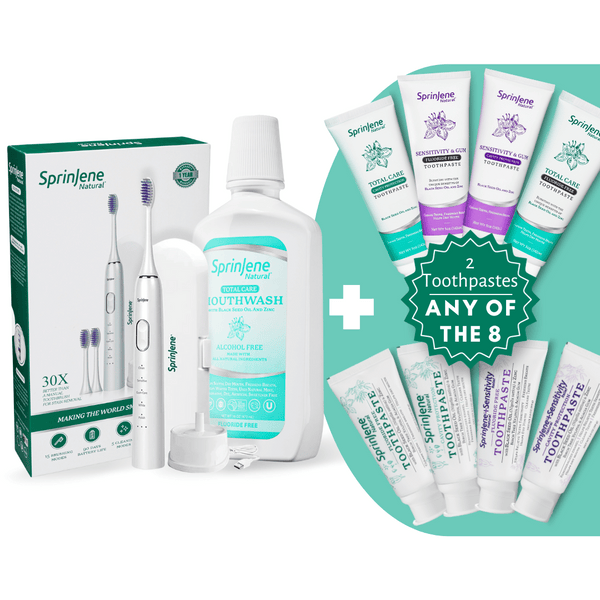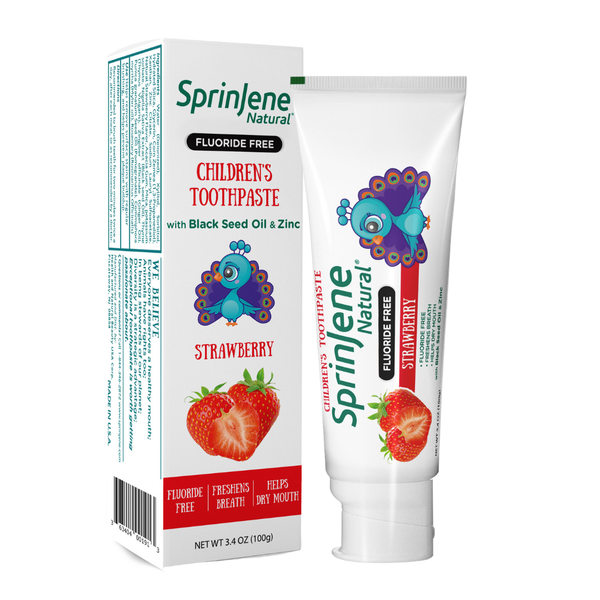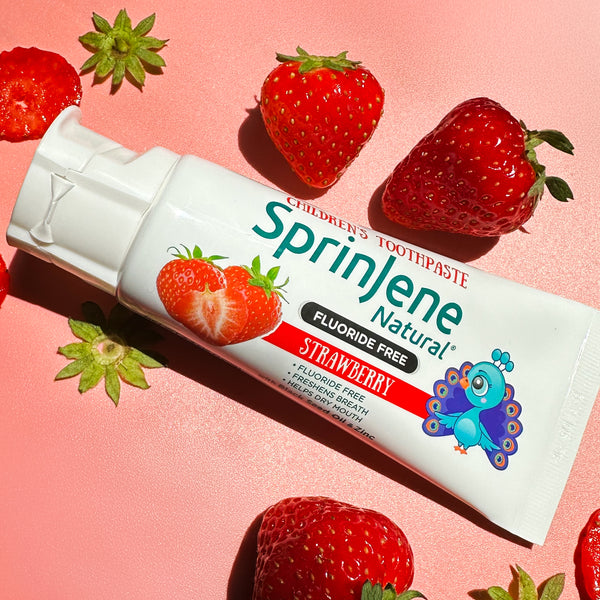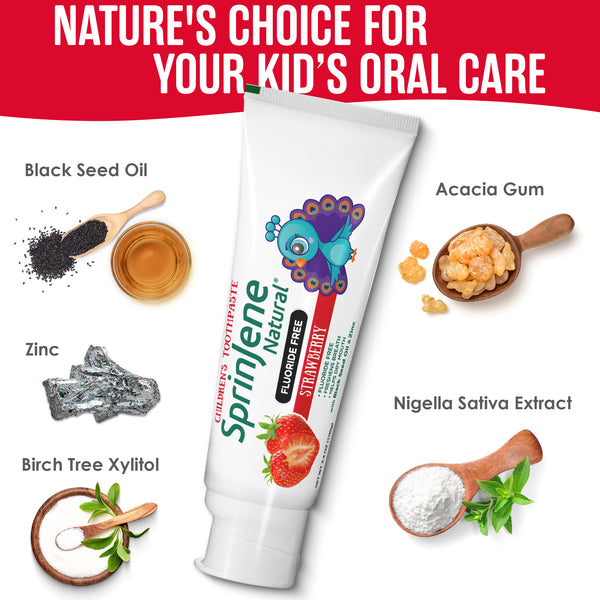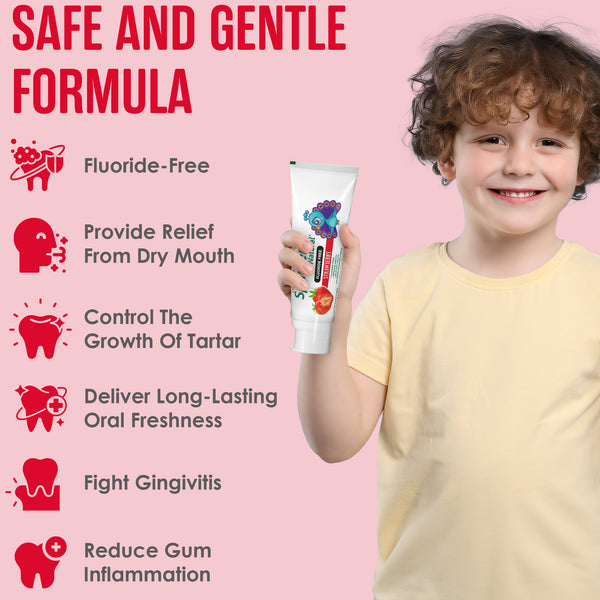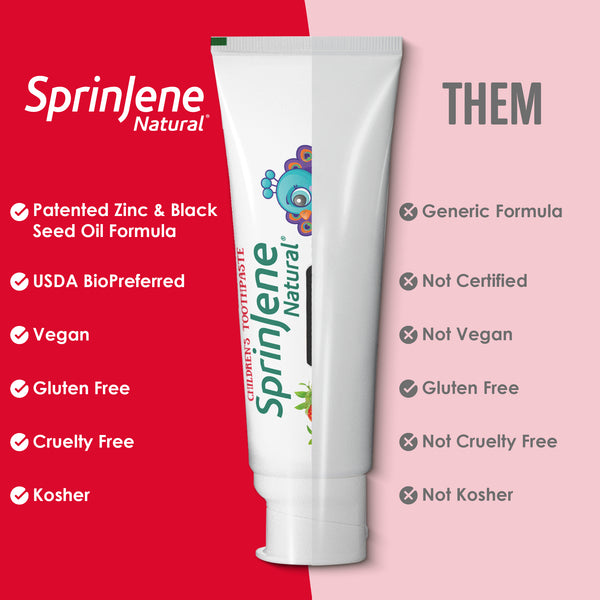
Sensitive in teeth and gums can make eating hot, cold, sweet, and sour foods and beverages quite challenging. You may even find it painful when you breathe in cold air or brush and floss your teeth. Fortunately, this is not an uncommon problem and there are many ways to manage these uncomfortable symptoms. Usually at home management and care can treat sensitivity problems and help restore your life back to a normal routine.
Here are the symptoms of sensitive teeth:
People with sensitive teeth may experience pain or discomfort in response to certain stimuli. You may feel this pain at the roots of the affected teeth. The most common stimuli include:
- Hot foods and beverages
- Cold foods and beverages
- Sweet foods and beverages
- Cold air
- Acidic foods and beverages
- Cold water, especially during routine dental cleanings
- Brushing or flossing teeth
- Alcohol-based mouth rinses
These symptoms may range from mild to severe and may come and go from time to time.
There can be many causes of sensitivity. If you are unable to treat your sensitivity at home, your dental health care professional can examine you and conclude the cause and treat accordingly. Here are the top & causes of sensitive teeth and gums:
- A hard-bristled toothbrushor over-zealous brushing can wear down your tooth enamel and cause your gums to recede. This can expose dentin, and allow irritants access to sensitive roots and nerves.
- Dental care products containing whitening ingredientslike peroxide and baking soda can irritate tooth nerves, especially if dentin is already exposed.
- Age may be a factor, since tooth sensitivity occurs more often in those in their second and third decades of life.
- Gum diseasecauses sensitivity in two ways. It leads to decay and enamel breakdown, which exposes dentin. It also causes infection that attacks the roots of teeth and causes receding gums.
- Cracked or chipped teethmay cause dentin to be exposed. The area may also attract bacteria, and this can lead to infection and inflammation of the nerve.
- Dental proceduressuch as crown or filling placement, root canal treatment or even professional cleaning can cause temporary sensitivity. If symptoms don’t resolve in four to six weeks, see your dentist.
- Grinding your teethat night can wear down enamel and expose dentin. How to Help Sensitive Teeth and Gums
Treatment and prevention:
- Visit your Dental health care professional regularly to ensure great dental health. Ideally once every 6 months.
- Be consistent with your home dental care routine
- Always use a soft-bristled toothbrush and brush your teeth and gums gently using the correct brushing technique. Avoid using a hard bristled brush and do not brush in aggressive movements. Do not over brush, 2-3 times in a day is more than enough.
- Choose a good quality Natural toothpaste made for sensitive teeth.
- Try a fluoride mouthwash and fluoride varnishes. This can help regenerate the enamel layer which can safeguard the underlying dentine from reacting to triggers.
- If you notice that you clench or grind your teeth, invest in a night guard to protect your teeth.
- Avoid acidic foods like lemons, oranges, and tomatoes as these can cause erosion of the enamel over time.
SprinJene Natural Toothpaste for Sensitive Teeth
SprinJene Natural desensitizing toothpaste contains some active agents, such as potassium nitrate, fluorides, and Sodium monofluorophosphates. Potassium nitrate and sodium fluoride are widely used to treat tooth sensitivity. Potassium nitrate decreases the fluid flow through the tubules by clogging them, decreases the level of activity of dental sensory nerves and prevents or reduces the sensation signals from reaching the brain
Fluorides, on the other hand, strengthen tooth enamel. With the help of fluorides, the tooth enamel can regain the minerals which it has lost during the decay process. Sodium fluoride, when applied to the exposed dentine, forms an effective barrier and results in desensitization of dentine.
One highly recommended and natural tooth paste to treat sensitivity is SprinJene Natural Sensitivity Relief Fluoride Toothpaste with Cavity protection. It features a patented formula with zinc and black seed oil, along with “good for you” ingredients like coconut oil, birch tree xylitol, and acacia gum.
The active ingredients which help in sensitivity relief are Potassium Nitrate, Sodium Monoflurophosphates and fluoride. This patented, fluoride-free toothpaste for sensitive teeth can help to:
- Provide relief from dry mouth.
- Fight gingivitis (gum disease).
- Reduce gum inflammation.
Sprinjene Natural Toothpaste for sensitivity relief comes in two types:
- With fluoride
- Fluoride free
Benefits of fluoride
Fluoride is beneficial to teeth because it helps to:
- rebuild (remineralize) weakened tooth enamel
- slow down the loss of minerals from tooth enamel
- reverse early signs of tooth decay
- prevent the growth of harmful oral bacteria
Fluoride helps to remineralize your tooth enamel, which can prevent cavities and reverse early signs of tooth decay.
Fluoride Allergy
If you have a fluoride allergy it could make you sick. However, having a fluoride allergy is quite rare and for the people who do have it, it can be a mild to severe reaction and will need to be treated immediately.
SprinJene Natural Toothpaste for sensitive teeth (fluoride free) is ideal for patients who suffer from fluoride allergies.




